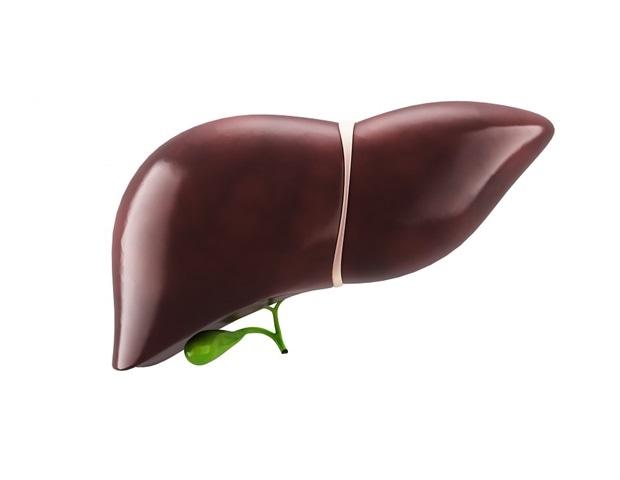The winter season often brings an increased risk for heart conditions due to several factors. Cold weather can constrict blood vessels, raising blood pressure and making the heart work harder to pump blood. Reduced physical activity and a shift towards heavier foods during the winter months can further elevate the risk of cardiovascular problems, such as heart attacks.
Additionally, cold weather increases the likelihood of respiratory infections, which can place further stress on the heart. In this article, we provide 10 essential tips to protect your heart during the colder months. Wearing layers of warm clothing, including hats, gloves, and scarves, helps to prevent heat loss from your body.
This reduces blood vessel constriction and helps ease the strain on your heart. Keeping warm is a simple but effective way to protect your cardiovascular system. Even though outdoor activities may be limited due to the cold, it’s important to maintain regular exercise.
Engage in home workouts, yoga, or indoor walking to keep your heart healthy and manage blood pressure. Physical activity is key to cardiovascular health, even when the weather isn’t ideal. Before stepping into the cold, take a few minutes to warm up your body.
Avoid sudden, strenuous activities right after exposure to cold weather, as this can put a sudden strain on your heart and increase the risk of angina or heart attacks. The winter months often tempt us into indulging in heavy, fatty foods, but a balanced diet ri.



















